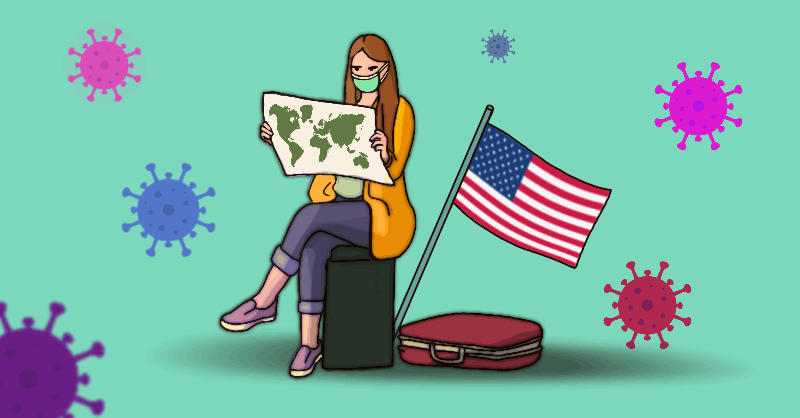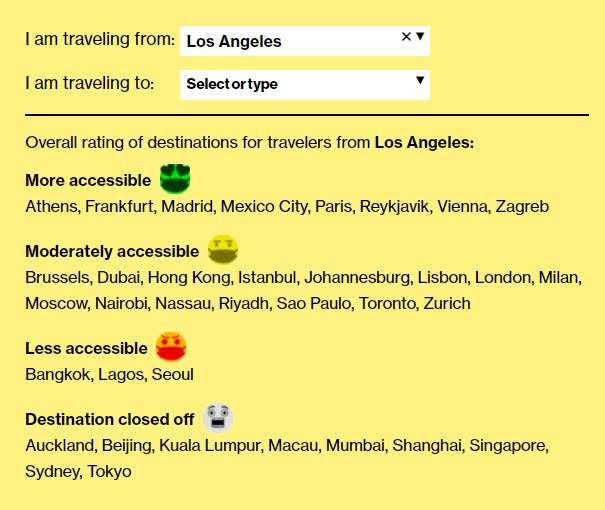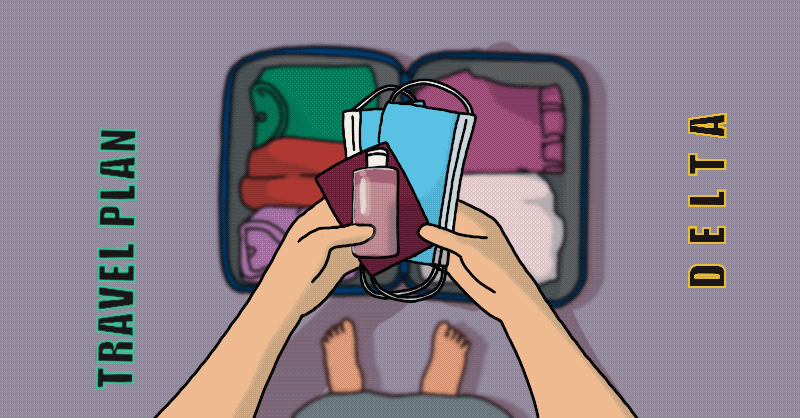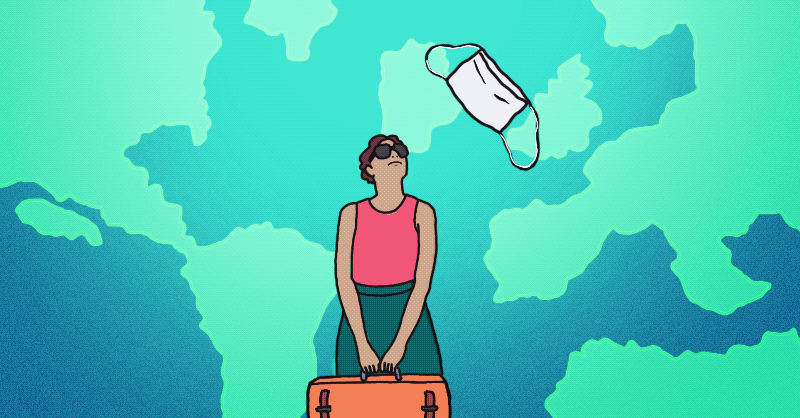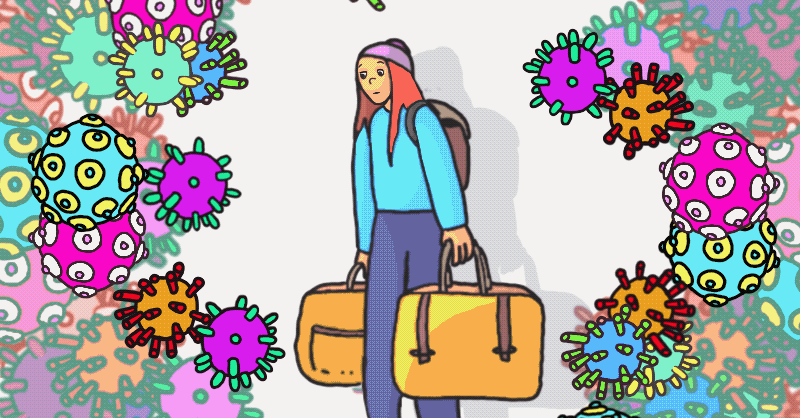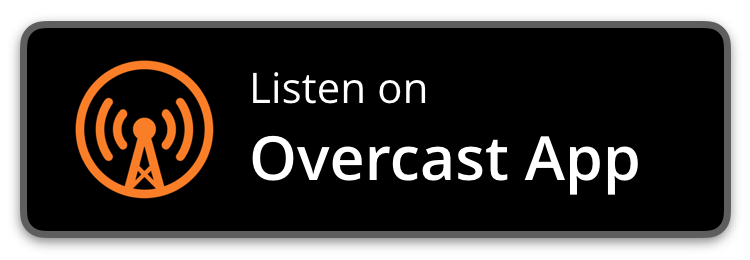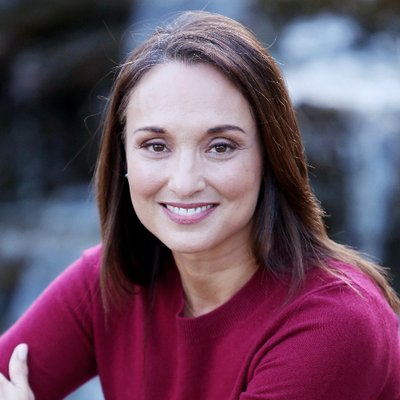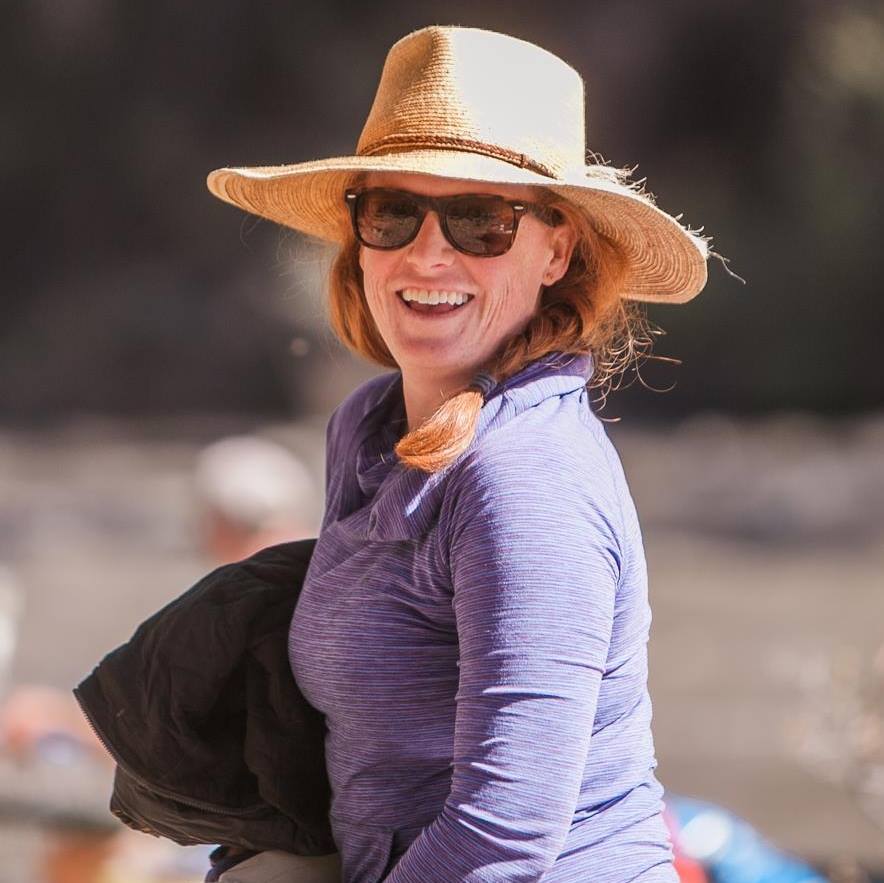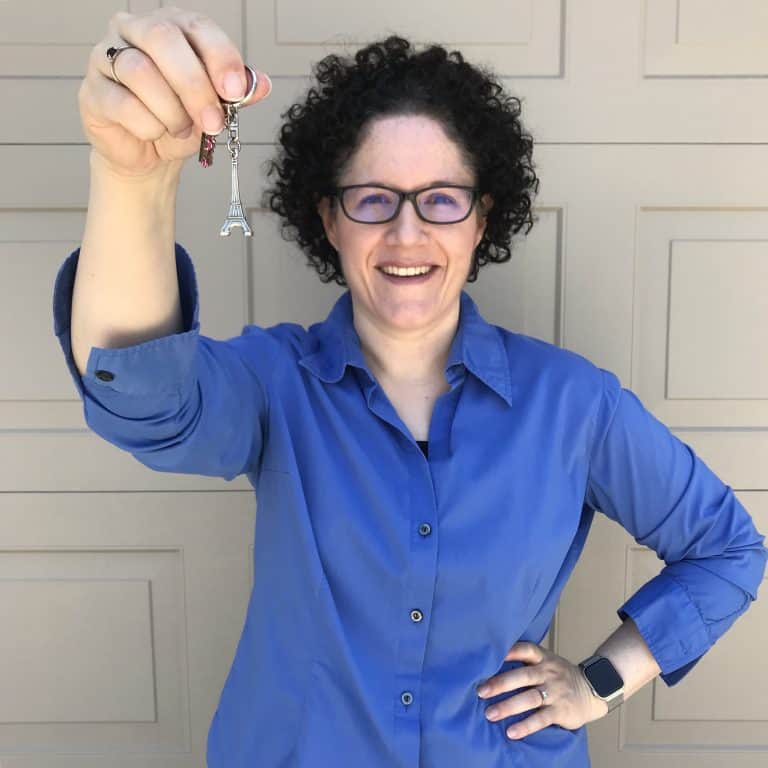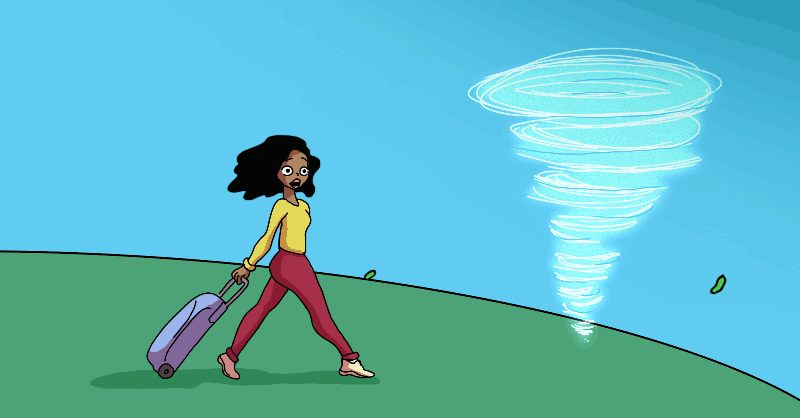
We’re about halfway through the 2021 hurricane season and the next couple of months could be a wild ride. The Atlantic hurricane season runs from June 1 to November 30 and covers the Atlantic Ocean, the Gulf of Mexico, and the Caribbean Sea. The peak months are August through October.
On August 4, the National Oceanic and Atmospheric Administration (NOAA) nearly doubled its early season forecast, which comes out in May. Their latest projections call for between 15 and 21 named storms (winds of 39 mph or greater) and added two major hurricanes (winds of 111 mph or greater) to their original projection.
So, what does all this mean for your travel plans? Lots actually. Here’s what you need to know.
Hurricanes cause tornadoes too
As if the hurricane itself wasn’t bad enough; in addition to flooding, high wind, and power outages, hurricanes can also spark tornadoes into existence and cause even more damage. The remnants of hurricane Fred caused as many as 14 tornadoes across Georgia, South Carolina, and North Carolina as it passed.
Definitely something to think about when you’re considering travel insurance.
Hurricanes travel north
Hurricane Grace is currently making problems for tourists to Mexico’s Mayan Riviera, but not all hurricanes stay in the south.
The National Hurricane Center issued a rare hurricane watch for parts of New England this week, something that hasn’t happened in years. If Henri makes landfall on the northeastern coast, it could affect places like Long Island, Martha’s Vineyard, and Nantucket, for example.
Drones are used to track hurricanes
Hurricanes are the costliest natural disasters in the US and researchers would like to be able to learn what causes these storms to rapidly intensify.
New drone technology is now being used to improve hurricane tracking and data collection. Hurricane-tracking drones called Saildrones (they look very much like small sailboats) are sailing into the storms to gather data and better predict the intensity and path of storms.
Hurricane-safe tropical spots
It’s not all doom and gloom, however. Some tropical islands have historically been able to avoid hurricanes. If you choose your destination strategically, the odds of a storm destroying your vacation are very low.
Consider traveling to these islands if you’re hankering for a piña colada by the beach:
- Aruba
- Barbados
- Bonaire
- Curacao
- Panama
- Trinidad and Tobago
Of course, low risk doesn’t mean no risk. These islands may not be hurricane magnets but heavy rain and wind could still cause problems for your trip.
Other interesting news
New apps for travel discovery – When you’re ready to travel, these new travel apps can help match your budget, interests, and saved-up miles to a destination.
Who knew? Flight attendants pack duct tape as a last resort for unruly passengers. Let’s avoid getting taped to the airline seat, shall we?
Getting COVID travel ready – United Airlines has added thousands of COVID-19 testing sites at Walmarts and Albertsons. You can even book testing appointments through the airline’s website and app.

